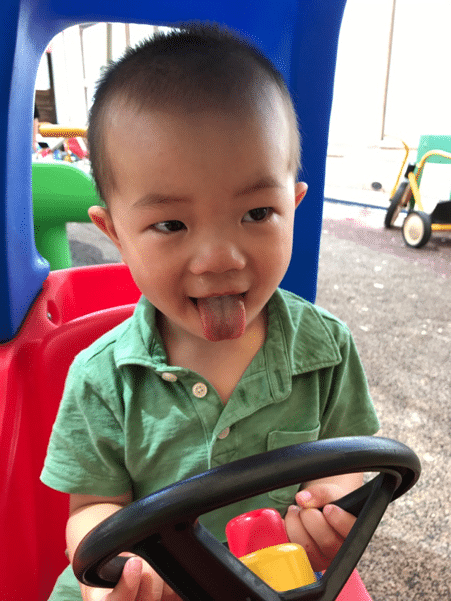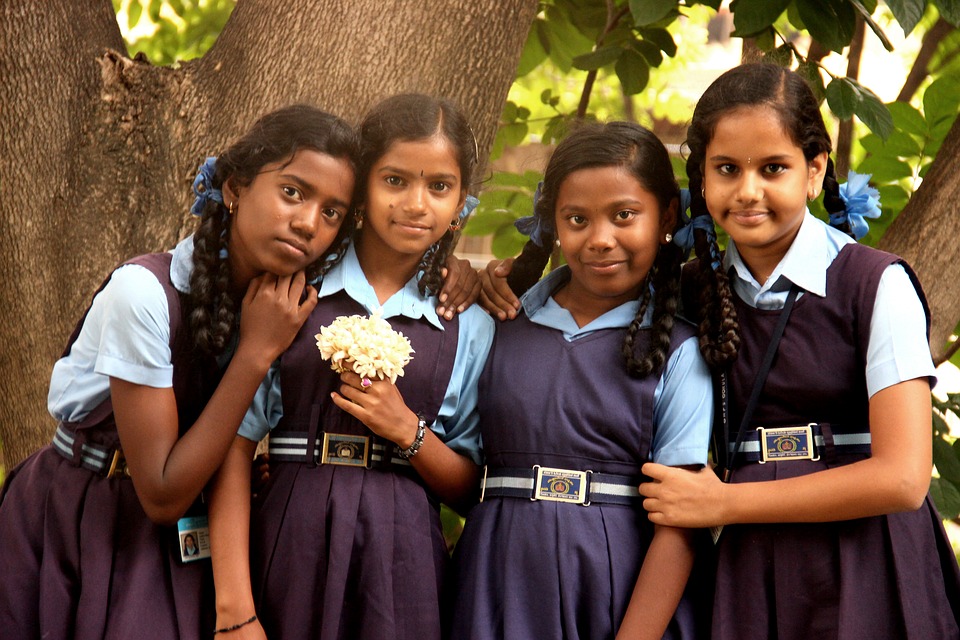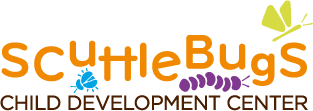“Moglie e buoi dei paesi tuoi” – “Wife and oxen from your own country”. This Italian proverb maybe had some meaning in medieval times, but these days it is difficult to even imagine the reason it appeared. People from different countries, cultures and languages become parents together or move to a country with a language different from their own. So their children grow up learning two or three languages at the same time. My friend, a lady from Lithuania, with Russian and Lithuanian as mother tongues, married to a Mexican she met while living in China, is raising their daughter in Canada: what will happen in that little head? Do children get confused and mix the languages? Is it good or bad to expose a very young brain to multiple languages?


My linguistics professor related a story about a little kid, whose parents chose to talk to him in in two languages, and, although he understood them perfectly, he was convinced that one of them was just how his mommy spoke. He was able to understand another language without even understanding the concept of different languages! I just read a post on Facebook about a child who discovered that people speak Spanish in the place he was visiting. After some deep reflection he asked “so shall I now always call a cat “gato”?” Another kid (from the same post) at the age of two was really worried he was unable to speak English and Hebrew while many of the other kids in Israel where he lived would speak one of those languages or both. Studies agree that bilingual children (those exposed to two languages from birth or anyway before the age of three) develop language skills in the same way and at the same speed as monolingual children, and seem to differentiate quite clearly between the two languages and associate them with right interlocutors.
I’ve heard very young bilingual children sometimes use words from one language while talking in another one. This seems to be just their practical solution to insufficient lexicon – as the adults do! This phenomenon is called “code switch” in linguistics and occurs also among bilingual adults when tired or distracted.
It also occurs among groups of bilingual speakers as they speak language A while mutually employing words from language B to more precisely make their point. So, mixing languages at the first stage of learning to speak is not in any way a warning sign. All the opinions seem to agree on the fact that a natural way of interacting in two languages, be it each parent speaking their own language, or both parents speaking in two languages, or a different language for grandparents, would lead to some level of a child’s understanding. And, if the exposure continues, to actually speaking a second language.
My own observation of many bilingual, or potentially bilingual, little children made me conclude that as soon as they attend childcare or school, they understand which language is the main one and more “useful” for them. Then the child may have a phase of a rejection of this second language, or at least putting less efforts into speaking it, answering in the “main” language to a parent who speaks her/his native language. Visiting a place where everyone speaks that “secondary” language surely helps to improve the “secondary” language skills and somehow to show the value of that language to a kid.
However, to use the second language as a skill and realise it as an added value for life and a future career, the natural way of talking with family is not enough. A good example is a man I know who moved from Russia to Germany with his family when he was 8 years old: he speaks perfect Russian in the family and in the community. But when it comes to reading or writing… he can only use German. At a certain age, a bilingual kid would need assistance to become literate in the second language, and this is a task for parents or teachers to make it happen. Of course, when you are a kid you don’t realise it, but language is a matrix that people create to reflect the world, and in a way speaking multiple languages is like having multiple accesses to the world. Or living in multiple worlds! What greater gift can there be for a human being? Especially for our own children.

Read more about how we encourage learning multiple languages with our little ones in ScuttleBugs Childcare Center in a blog post by Ms. Dee!
